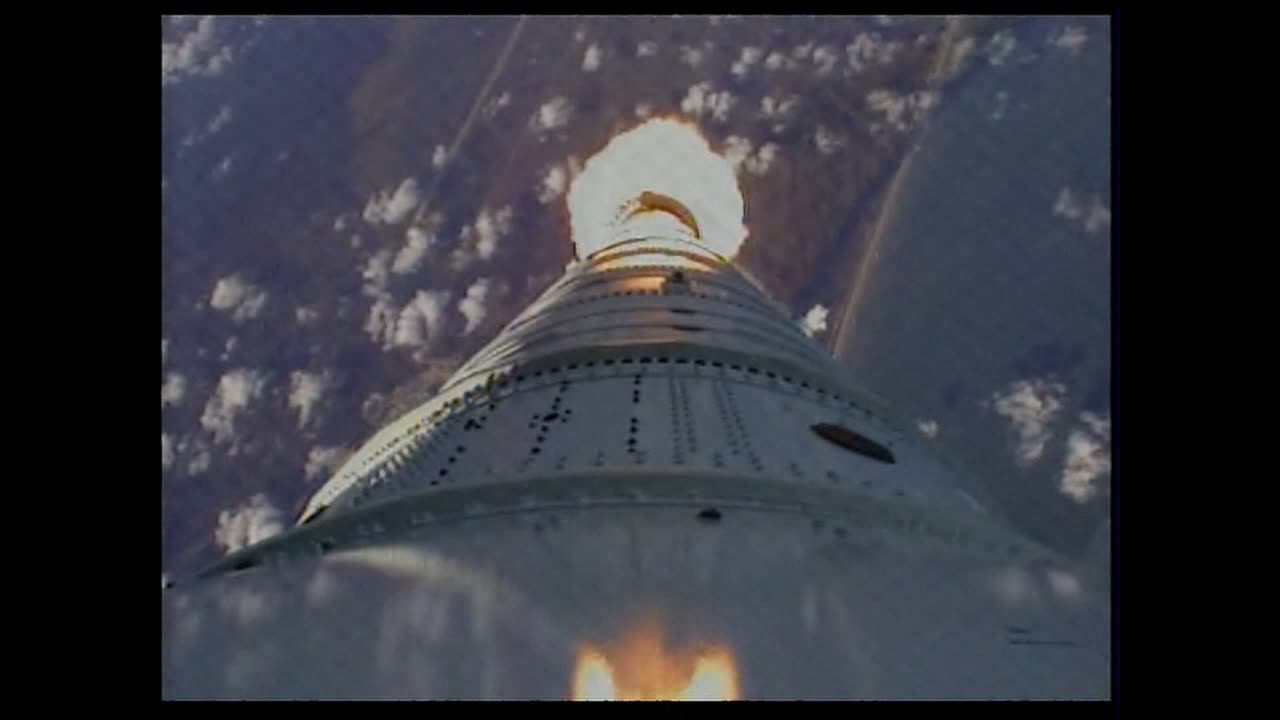Premium Only Content

Ares I-X Flight Test Launches
The Ares I-X Flight Test Launches represent a critical chapter in the history of space exploration, serving as a pivotal step in NASA's ambitious plans to return humans to the Moon and eventually venture beyond. These test launches, conducted in the late 2000s, were part of the Constellation Program, NASA's initiative to develop the next-generation spacecraft and launch vehicle systems.
Background:
The Ares I-X Flight Test Launches were a series of suborbital test flights aimed at evaluating the performance and capabilities of the Ares I crew launch vehicle. The Ares I was designed to serve as the primary launch vehicle for the Orion crew spacecraft, intended to carry astronauts to the International Space Station (ISS) and, ultimately, to the Moon.
Key Objectives:
Validation of Ares I Design: The primary objective of these flight tests was to assess the design and aerodynamic characteristics of the Ares I rocket. Engineers aimed to validate the rocket's structure, stability, and overall performance.
Max Q Testing: One crucial phase of these tests was the Max Q (maximum dynamic pressure) phase. This is the point in a rocket's ascent when aerodynamic forces are at their peak. The Ares I-X launches provided invaluable data for understanding and optimizing this critical phase.
Instrumentation and Telemetry: Ares I-X was equipped with a sophisticated array of sensors and instrumentation to gather data on the rocket's behavior throughout the flight. This telemetry was crucial for assessing the rocket's performance and making any necessary design refinements.
Launch Details:
The Ares I-X Flight Test Launches consisted of a single, unmanned Ares I-X rocket. Notably, the rocket featured a unique design, with a four-segment solid rocket booster derived from the Space Shuttle's boosters as the first stage and a dummy upper stage. The upper stage did not carry a functional second stage or an operational crew module.
The Ares I-X test flights took place from Launch Complex 39B at NASA's Kennedy Space Center in Florida. The first and only Ares I-X launch occurred on October 28, 2009.
Legacy and Impact:
While the Ares I program ultimately underwent changes and was eventually canceled in favor of other launch vehicle options, the Ares I-X Flight Test Launches were still instrumental in advancing NASA's understanding of rocket design and performance. The data collected during these tests contributed to the development of subsequent launch vehicle designs, including the Space Launch System (SLS), which is intended to carry astronauts to the Moon and beyond as part of NASA's Artemis program.
In conclusion, the Ares I-X Flight Test Launches represent a critical milestone in NASA's pursuit of human space exploration beyond low Earth orbit. These tests provided essential insights into rocket design and performance, laying the groundwork for future missions that will see humans return to the Moon and set their sights on even more distant destinations in the cosmos
-
 4:23:49
4:23:49
FreshandFit
8 hours agoIsrael v Palestine Debate! Respect A Man If He Says No Or Yes To A Girl's Trip?
105K129 -
 2:05:33
2:05:33
TheSaltyCracker
10 hours agoTech Bros try to Hijack MAGA ReeEEeE Stream 12-27-24
197K402 -
 2:01:25
2:01:25
Roseanne Barr
15 hours ago $32.19 earnedJeff Dye | The Roseanne Barr Podcast #80
107K55 -
 7:32
7:32
CoachTY
12 hours ago $9.38 earnedWHALES ARE BUYING AND RETAIL IS SELLING. THIS IS WHY PEOPLE STAY BROKE!!!
61.9K8 -
 1:01:00
1:01:00
Talk Nerdy 2 Us
9 hours ago💻 From ransomware to global regulations, the digital battlefield is heating up!
27.1K -
 3:00:24
3:00:24
I_Came_With_Fire_Podcast
12 hours agoHalf the Gov. goes MISSING, Trump day 1 Plans, IC finally tells the Truth, Jesus was NOT Palestinian
51.5K26 -
 4:11:49
4:11:49
Nerdrotic
14 hours ago $36.69 earnedThe Best and Worst of 2024! Sony Blames Fans | Batman DELAYED | Nosferatu! |Friday Night Tights 334
179K32 -
 7:55:51
7:55:51
Dr Disrespect
18 hours ago🔴LIVE - DR DISRESPECT - WARZONE - SHOTTY BOYS ATTACK
229K32 -
 1:30:23
1:30:23
Twins Pod
17 hours agoHe Went From MARCHING With BLM To Shaking Hands With TRUMP! | Twins Pod - Episode 45 - Amir Odom
141K31 -
 1:02:30
1:02:30
Exploring With Nug
19 hours ago $4.20 earned2 Duck Hunters Missing After Kayak Capsizes!
66.2K4